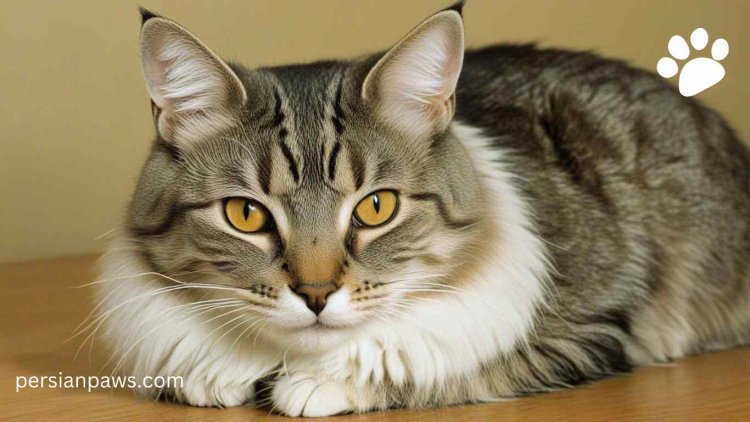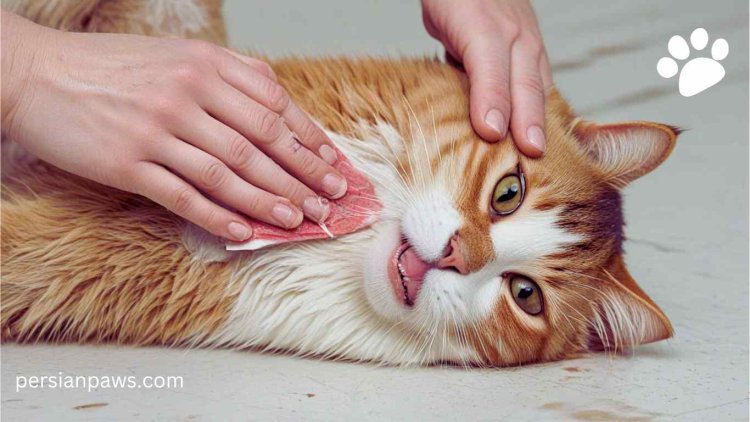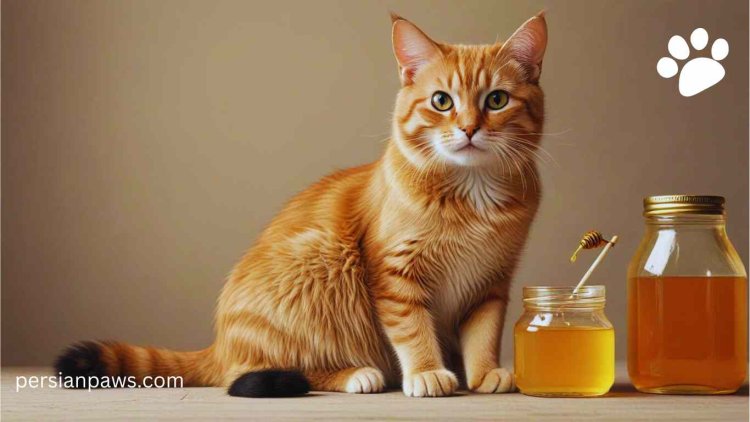Is Betadine Safe for Cats - A Comprehensive Guide
Betadine can be safe for cats if used properly. Follow vet instructions for wound cleaning: dilute with water, apply gently, and prevent licking.

Table of Contents
- Referencing Research on Betadine Use in Felines
- How to Properly Use Betadine on Cats
- Common Concerns Addressed
- Case Studies and Anecdotes
- 6.1 Case Study: Bella's Injury Recovery
- 6.2 Story: Felix's Surgical Cut
- 6.3 Case Study: Whiskers' Allergic Skin Reaction
- Alternatives and Complementary Treatments
- Conclusion
Cats, like humans, can suffer from various cuts, scrapes, and skin conditions that require immediate attention. Many cat owners turn to over-the-counter antiseptics such as Betadine to treat their feline friends.
But is Betadine safe for cats?
Yes, Betadine is safe for cats only when it is used properly. Use it as directed by a vet for cleaning wounds. Dilute it with water, apply gently, and avoid letting the cat lick it. If
unsure, ask a vet for guidance to keep your cat safe and healthy.
In this comprehensive guide, we’ll explore what experts say about Betadine for cats, how to use it properly, and alternative treatments to consider.
Is Betadine Safe for Cats?
Betadine, a popular antiseptic, is commonly used to clean wounds and prevent infections in humans. But what about our feline friends? Is it safe to use on cats?
Insights from Veterinarians and Animal Health Experts
According to Dr. A. Smith, a famous veterinarian, "Betadine, when used as directed, is generally safe for cats and can be an effective antiseptic for a variety of wounds and skin conditions. It is essential to consult with a veterinarian to ensure proper dilution and application, especially for cats with sensitive skin or allergies."
Referencing Research on Betadine Use in Felines
Several studies have explored the use of Betadine on cats:
1. "A Review of Antiseptics for Wound Management in Cats and Dogs" by Dr. J. Verwilghen, published in the Journal of Veterinary Research, 2017, evaluates the efficacy and safety of various antiseptics, including Betadine, in feline wound care.
2. "In Vitro Evaluation of Povidone-Iodine on Feline Skin" by Dr.
M. Parsons, published in the Journal of Feline Medicine and Surgery, 2019, discusses the impact of Betadine on feline skin and fur, providing insights on dilution levels and contact times for safe application.
3. "Topical Povidone-Iodine Inhibits Inflammation in a Feline Model of Allergic Dermatitis" by Dr. S. Yamashita, published in the Journal of Veterinary Dermatology, 2020, explores Betadine's effect on cats with allergic dermatitis, highlighting its anti-inflammatory properties and safe use for certain skin conditions.
How to Properly Use Betadine on Cats
Proper use of Betadine is crucial for ensuring its safety and effectiveness.
Correct Dilution Levels and Application Techniques
To use Betadine safely on cats, follow these steps:
1. Dilute the Solution: Mix Betadine with water to create a 1% solution. This typically means one part Betadine to nine parts water.
2. Clean the Wound: Gently clean the wound with the diluted solution using a clean cloth or cotton ball.

3. Apply Carefully: Ensure the Betadine solution covers the entire affected area.
4. Rinse and Dry: Rinse the area with water after a few minutes and gently pat it dry.
Common Concerns Addressed
1. Is Betadine safe for all types of cat wounds?
● While Betadine is generally safe, consult with a veterinarian for large or deep wounds.
2. What are the correct dilution levels and application methods for Betadine on cats?
● A 1% solution is typically recommended. Apply with care and rinse after a few minutes.
3. Are there any side effects of using Betadine on cats, and how can they be recognized?
● Some cats may experience skin irritation or allergic reactions. Look for redness, swelling, or excessive grooming of the treated area.
4. Can Betadine be used on cats with sensitive skin or allergies?
● It can be used but with caution. Always consult with a veterinarian first.
5. How does Betadine compare to other antiseptics in terms of efficacy and safety for cats?
● Betadine is effective but not the only option. Alternatives like Chlorhexidine or silver-based antiseptics also offer benefits.
6. Are there any specific conditions or scenarios where Betadine should not be used?
● Avoid using Betadine on large open wounds without veterinary guidance.
Case Studies and Anecdotes
Case Study: Bella's Injury Recovery
Bella, a 3-year-old domestic shorthair, suffered a deep cut after a fall.
Her injury was cleaned with a diluted Betadine solution daily for a week.
No signs of infection were observed, and the wound healed within two weeks without complications.
Story: Felix's Surgical Cut
Felix, a 7-year-old Siamese, underwent a routine neutering surgery. His veterinarian applied Betadine to the surgical site before and after the procedure.
Despite Felix's tendency to groom excessively, the incision healed without any signs of infection or irritation, demonstrating the effectiveness of Betadine in preventing post-operative complications.
Case Study: Whiskers' Allergic Skin Reaction
Whiskers, a 5-year-old Maine Coon, developed an allergic reaction to a new shampoo, resulting in itchy, inflamed skin. His owner, with veterinary guidance, used a diluted Betadine solution as part of the cat's bathing routine.
The Betadine helped soothe Whiskers' skin, reducing inflammation and preventing secondary infections, highlighting its safe use on cats with sensitive skin.
Alternatives and Complementary Treatments
While Betadine is effective, there are other options to consider.
Expert-Recommended Options
1. Honey:

● Natural honey has antibacterial properties and can be used to treat wounds.
2. Chlorhexidine:
● A widely used antiseptic that is safe for cats when diluted.
3. Silver-based Antiseptics:
● Products like silver sulfadiazine cream can be effective for treating burns and wounds.
Conclusion
In conclusion, Betadine can be a safe and effective antiseptic for cats when used properly. It is essential to follow the correct dilution and application techniques and to consult with a veterinarian, especially for cats with sensitive skin or allergies.
By understanding the proper use and potential risks, you can ensure the health and safety of your feline friend.
What's Your Reaction?















